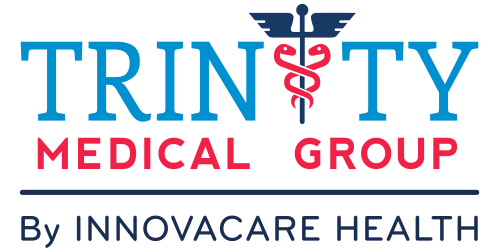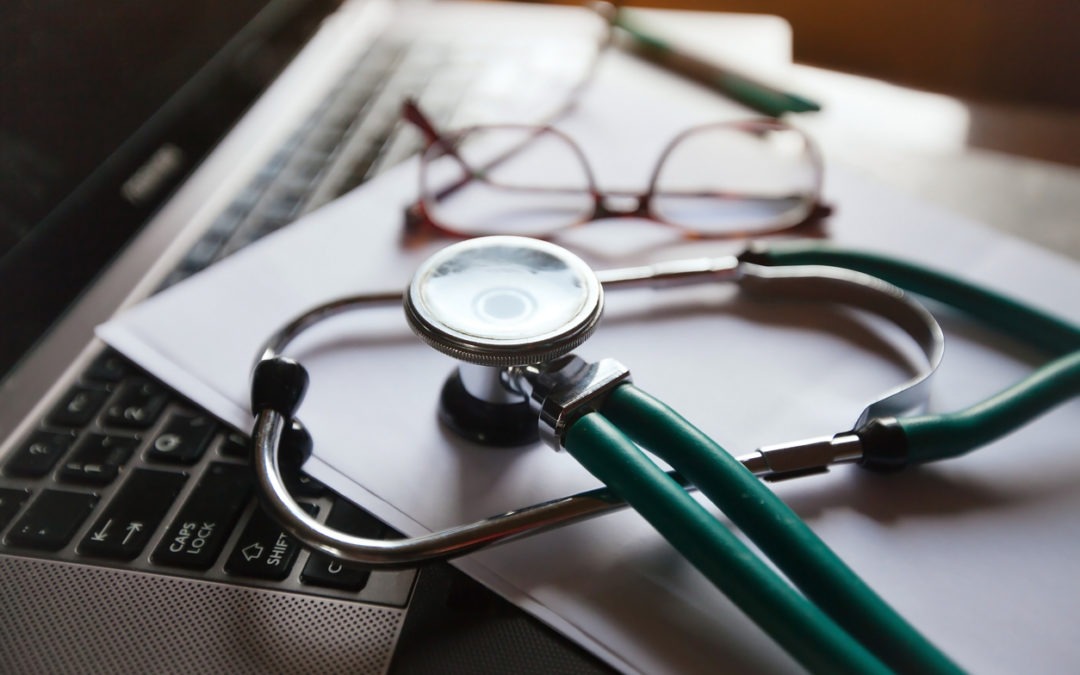What Are the Symptoms of Cardiovascular Disease?
Heart attack symptoms can vary significantly from one person to another. While some people may suffer a sudden, sharp pain, in most cases the symptoms of cardiovascular disease creep up so slowly and silently that most people are surprised to hear that they have suffered a heart attack. Making things even more complicated is the fact that the symptoms of the second heart attack may be quite different from that of the first.
If you suspect you are experiencing symptoms of cardiovascular disease it is always advisable to consult with the doctor to get an accurate diagnosis and proper treatment. Call Trinity Medical Group for an appointment today.
Most Common Symptoms of a heart attack
Despite the differences of symptoms of cardiovascular disease, there are a few signs that are seen most commonly in patients:
•Discomfort Or Pain In The Chest– In most cases, there is mild or severe feeling of discomfort or pain located in the left side or the centre of the chest. This feeling can last a few minute, then go away and come back again.
•Shortness Of Breath– Shortness of breath is a distinctive sign that may occur along with the pain and discomfort in the chest or it may occur along. Also, shortness of breath is not necessarily associated with doing any strenuous activity. Some people may feel short of breath even while they are resting.
•Discomfort In The Upper Body-The discomfort or pain can sometimes be spread around several areas in the upper body, from the neck, shoulders and jaw to one or both arms, back or the upper abdomen.
In addition to the above symptoms there are also a few other common signs that could indicate a possible heart attack:
• Sudden dizziness or light headedness.
• Breaking out in a cold sweat without any warning.
• Nausea and vomiting.
• Persistent fatigue that is triggered by no apparent reason and sometimes lasts for days at a time
If you experience any of the heart attack symptoms, especially pain in the chest that does not go away, it is very important to consult with a doctor immediately and get a proper diagnosis so you can start on the correct treatment right away.
Not all chest pain is an indication of a heart attack but it is absolutely crucial to get it checked anyway. The longer you wait, the more damage will get done. If you are experiencing any of the symptoms, acting fast can save your life. If you are experiencing a heart attack, every minute counts so never hesitate to dial 911 or call an ambulance.

 Call Lakeland
Call Lakeland
